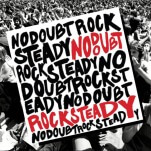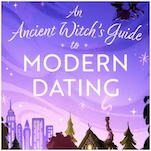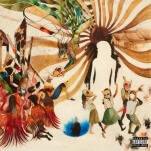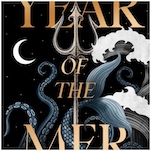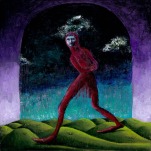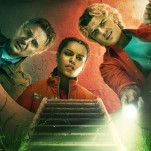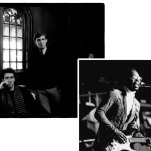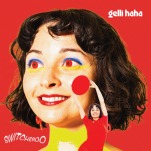Catching Up With… The National
It’s been quite a year for The National. The band released Boxer, Paste’s favorite album of 2007, just less than 365 days ago on May 22. Ever since, the band has been taking the masterful collection of songs to audiences around the world, and the trip isn’t finished yet. May 23 kicks off a month of tour dates supporting R.E.M. with Modest Mouse, followed by a slew of European festival stops until August.
Boxer’s journey, however, began much earlier than last May. As slowly as the record is said to grow in the mind of a listener, the process for making it was drawn out even longer, the band holing up in a home together to work and rework the parts, then eventually to record. Vincent Moon, now famous for his beautiful, emotionally moving live videos for La Blogotèque, was there to document the process. His one-hour film, A Skin, A Night, comes out tomorrow (May 20) along with The Virginia EP, a collection of The National’s demos, covers and live recordings. It explores the sometimes tortured, sometimes triumphant life of an album in the making and the musicians trying to birth it.
In March, the Brooklyn-via-Cincinnati group found itself amidst artists of every color and creed at the Langerado Music and Arts Festival in Big Cypress, Fla. Paste caught up with guitarist Aaron Dessner on a windy afternoon to talk about classifications, crowd reception and the creative process. The band played later that night opposite headliners Phil Lesh and Friends, but seemed undeterred by any sense of competition. If Boxer was The National’s fight to the finish, now these guys are taking that line in stride.
Paste: It’s funny how music can be described so bizarrely. What would you say if somebody called you “dude rock”? How would you feel about that?
Dessner: I always find that the impulse to want to classify music is sort of a sad impulse, or it’s just sort of a frustrating impulse. We joke about it. People have called us so many different things. I think at the beginning we used to be alt.country, which we actually kind of took offense to because we really weren’t pushing any kind of style in our music. We still don’t. We don’t really think about that when we make a song. It just has to do with the chemistry of the band at any one time, and we have so many different sources I would say that we listen to, and it’s coming from so many places, that it’s hard to label. But it is true that if you were to look at our concert from a bird’s eye view, you would see plenty of dudes, and probably some balding dudes, too. But hey, some of the members of the band are balding, so that’s fair. [Pause] Not me, though.
Paste: We were arguing about this earlier. A friend of mine was saying, “They are such dude rock!” I defended you, for the record.
Dessner: I would say it’s definitely split down the middle, gender-wise. But it also depends on what country we go to. I noticed that even city-to-city you have a different kind of audience. Some places it’s younger, some places it’s older. Some places it’s more dudes.
-

-

-

-

-

-

-

-

-

-

-

-

-

-

-

-

-

-

-

-

-

-

-

-

-

-

-

-

-

-

-

-

-

-

-

-

-

-

-

-

